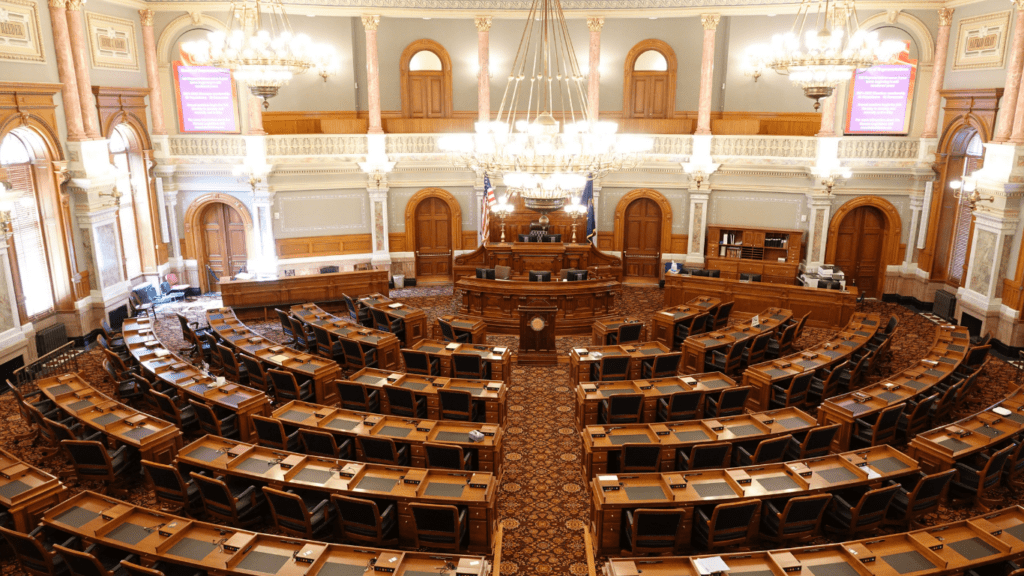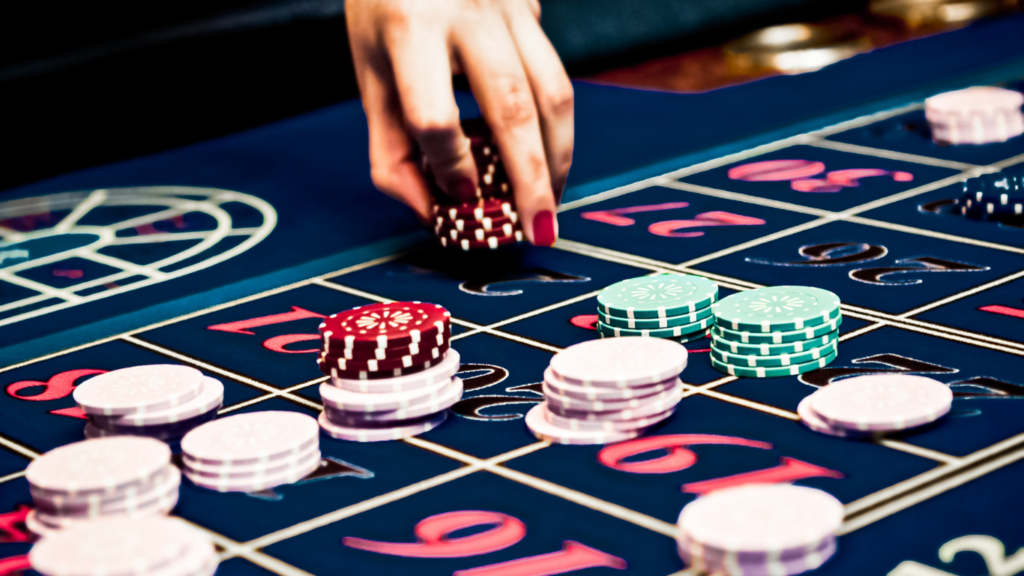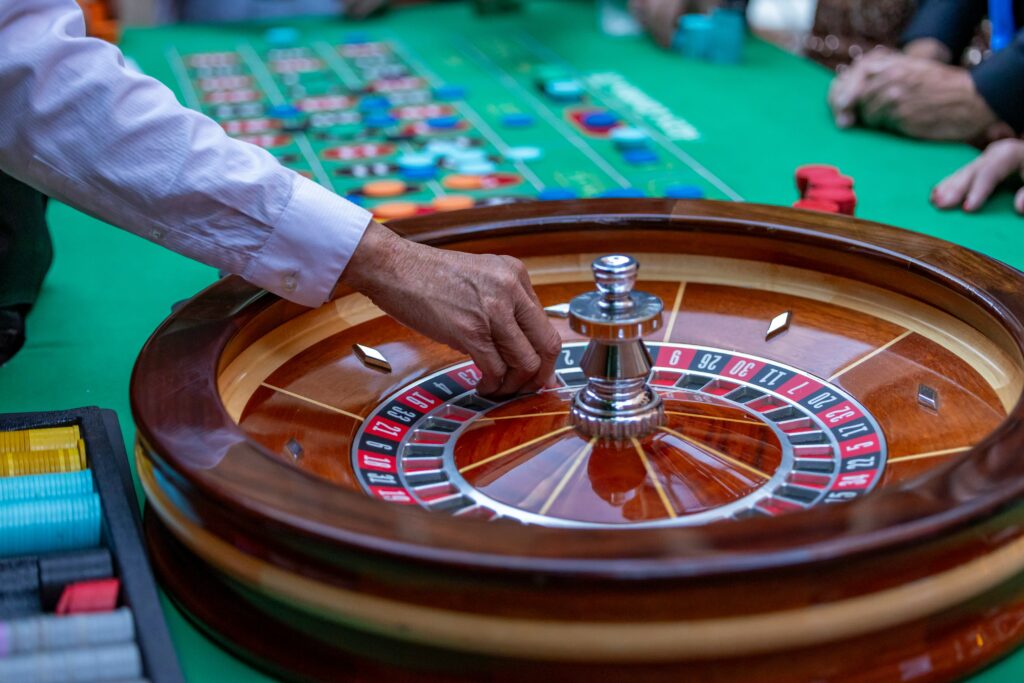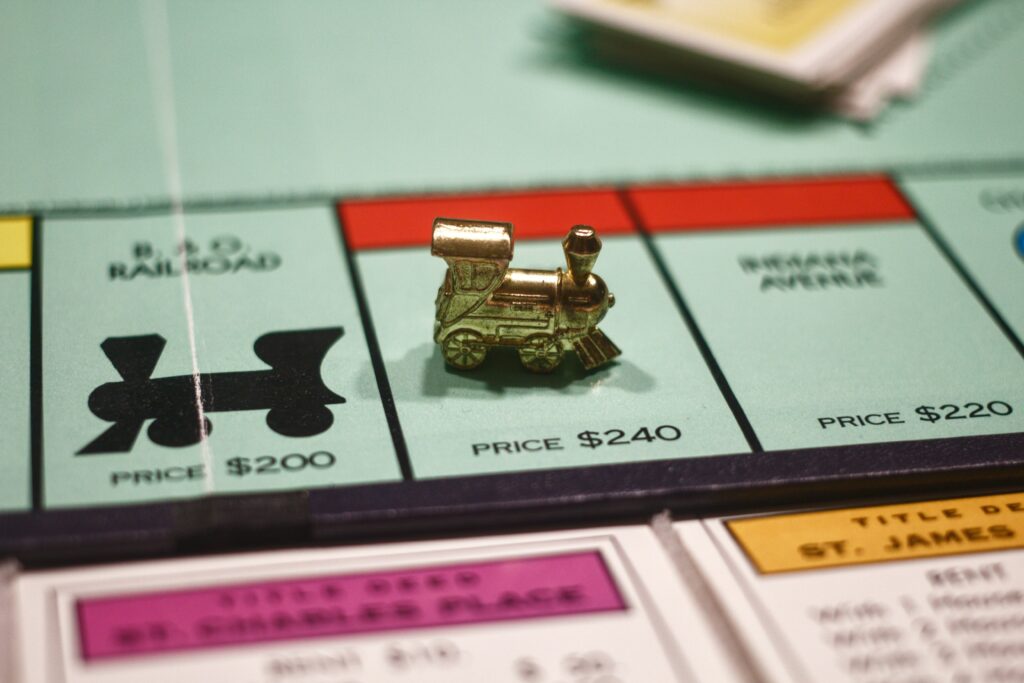In times of economic uncertainty, the role of gambling in shaping financial landscapes becomes a topic of intrigue. The ebb and flow of economies often see shifts in consumer behavior, with gambling emerging as both a pastime and a potential economic driver. As I delve into the intricate relationship between gambling and economic downturns, a nuanced understanding of this dynamic interplay unveils itself.
Exploring how gambling influences economic recoveries offers a unique perspective on the strategies employed during challenging financial periods. In this article, I’ll dissect the impact of gambling on consumer spending patterns, government revenues, and overall economic resilience. Understanding the complexities of this symbiotic relationship sheds light on the multifaceted nature of economic systems and the unconventional yet significant role that gambling can play in times of crisis.
The Impact of Gambling on Economies During Downturns
During economic downturns, the role of gambling in shaping financial landscapes becomes even more pronounced. Let’s explore how gambling behavior changes and its influence on local economies in such challenging times.
How Gambling Behavior Changes in Economic Downturns
- Individuals tend to seek out alternative sources of income during economic downturns, leading to a potential increase in gambling activities.
- The allure of quick financial gains through gambling may become more appealing to those facing financial hardships.
- Research indicates that during economic crises, some individuals may turn to gambling as a way to cope with stress and anxiety related to financial insecurity.
- As disposable incomes decrease for many during downturns, the percentage of income spent on gambling may either increase or remain stable due to its perceived potential for significant returns.
- Gambling establishments, such as casinos and betting facilities, can act as significant contributors to local economies by generating jobs and attracting tourism.
- During economic downturns, the presence of gambling venues can provide a source of revenue for local governments through taxes and licensing fees.
- The revenue generated from gambling activities can help support various public services and infrastructure projects within local communities.
- However, it’s essential to balance the economic benefits of gambling with potential social costs, such as an increase in problem gambling behaviors during challenging economic times.
By understanding how gambling behavior evolves and its impact on local economies during economic downturns, we can better comprehend the intricate relationship between gambling and financial stability.
Gambling’s Contribution to Economic Recovery
Gambling plays a significant role in economic recovery by stimulating local economies and creating employment opportunities within the gambling industry.
Stimulating Local Economies Through Gambling
Gambling establishments, such as casinos, are key players in revitalizing local economies. These venues attract tourists, leading to increased spending in surrounding businesses like hotels, restaurants, and shops. The revenue generated from gambling activities flows back into the community, supporting various sectors and boosting economic growth.
Job Creation in the Gambling Industry
The gambling industry creates a substantial number of jobs, ranging from casino staff and management to security personnel and marketing professionals. These employment opportunities provide livelihoods for individuals in the community and contribute to overall economic stability. Additionally, the industry offers diverse career paths and training programs, further enhancing the workforce’s skill set and employability.
Regulatory Challenges and Opportunities
In the realm of gambling and economic downturns, addressing regulatory challenges presents significant opportunities for the government to shape the industry’s impact.
The Role of Government in Gambling during Economic Crises

Government intervention in the gambling sector during economic crises plays a pivotal role in maintaining stability and mitigating potential harms. Oversight and regulation are crucial to ensure fair play, protect consumers from exploitation, and prevent illegal activities. By enforcing strict regulatory frameworks, the government can promote transparency, accountability, and responsible gambling practices within the industry. Additionally, the government can utilize taxation policies to generate revenue from gambling activities, contributing to economic recovery efforts and funding essential public services.
Balancing Economic Benefits and Social Costs
Achieving a delicate balance between reaping economic benefits and mitigating social costs is paramount in the regulation of gambling during economic downturns. While the industry can stimulate economic growth, create jobs, and attract investment, it also poses risks such as addiction, financial hardships, and social inequalities. Government regulations should aim to maximize the positive impacts of gambling on the economy while implementing measures to minimize the negative consequences on individuals and communities. Striking this equilibrium requires a comprehensive approach that considers both the economic incentives and social implications of gambling activities.
Case Studies From Past Economic Cycles
In this section, I’ll delve into specific case studies that illustrate the impact of economic downturns and recoveries on the gambling industry. Let’s explore how different regions responded to financial crises and fluctuations in the economy.
The Las Vegas Response to the 2008 Financial Crisis
Las Vegas, renowned for its vibrant casino industry, faced significant challenges during the 2008 financial crisis. As the recession hit, consumer spending dwindled, leading to a decline in tourism and gambling revenue. To combat the effects of the economic downturn, Las Vegas implemented strategic measures to attract visitors and stimulate the economy.
Macau’s Gambling Industry and Economic Fluctuations
Macau, known as the gambling capital of the world, experienced fluctuations in its gambling industry due to economic changes. The region’s heavy reliance on tourism and gaming revenue made it particularly susceptible to economic downturns. Understanding how Macau navigated these challenges sheds light on the resilience and adaptability of the gambling sector in response to economic fluctuations.




